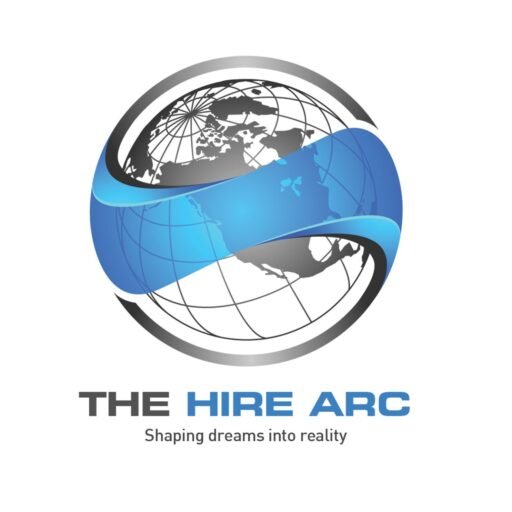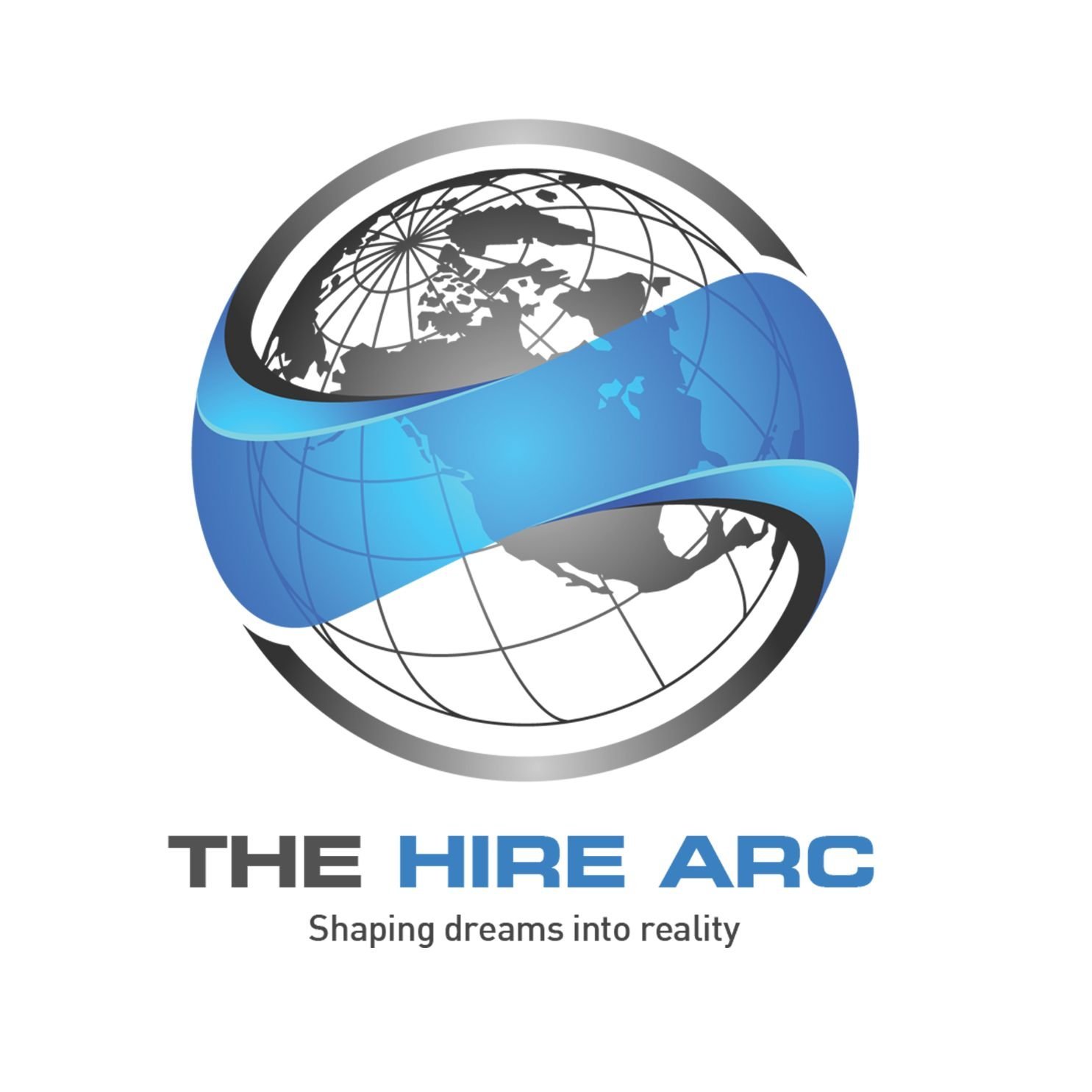Introduction
If you’ve ever applied for a job, you’ve probably come across the terms Resume vs CV. Some companies ask for a resume, others request a CV, and a few use the terms interchangeably — which can be confusing.
So, what is the difference between a CV and a Resume?
In short:
- A Resume is a concise summary of your skills, experience, and qualifications.
- A CV (Curriculum Vitae) is a detailed record of your entire academic and professional career.
Think of a resume as a movie trailer — short, engaging, and to the point. A CV, on the other hand, is like the full movie — detailed, comprehensive, and covering everything.
Let’s break this down step by step.
What is a Resume?
A Resume is a brief, tailored document that highlights your skills, work experience, and achievements relevant to the specific job you’re applying for.
- Length: Usually 1–2 pages.
- Focus: Skills + work experience + measurable achievements.
- Customisation: Resumes should be customised for every job application.
- Use: Widely used in the USA, Canada, and India for corporate job applications.
Example: If you’re applying for a Digital Marketing Manager role, your resume would highlight SEO, content marketing, and campaign management achievements.
What is a CV (Curriculum Vitae)?
A CV, short for Curriculum Vitae (Latin for “course of life”), is a comprehensive document that details your entire career journey.
- Length: Can be 2–20+ pages, depending on experience.
- Focus: Academic background, research, publications, presentations, teaching experience, and professional achievements.
- Customisation: Generally static, only updated with new achievements.
- Use: Commonly required in Europe, the UK, New Zealand, and in academia/research worldwide.
Example: A university professor’s CV may include all degrees, research projects, publications, conferences attended, and awards.
10 Key Differences Between CV and Resume
Here’s a clear side-by-side comparison:
| Aspect | Resume | CV |
| 1. Length | 1–2 pages | Multiple pages (no fixed limit) |
| 2. Purpose | 4. Customisation | Academic, research, or global job applications |
| 3. Focus | Skills, experience, achievements | Academic + professional history in detail |
| Work experience, skills, and education | Tailored for each job | Largely static, only updated |
| 5. Detail Level | Concise | Comprehensive |
| 6. Usage | USA, Canada, India (corporate jobs) | Europe, UK, academia |
| 7. Format | Skills-first, results-oriented | Chronological, exhaustive |
| 8. Sections | Fast screening (ATS optimised) | Education, research, publications, awards |
| 9. Recruiter Preference | Fast screening (ATS optimized) | Full evaluation (academics/researchers) |
| 10. Analogy | Movie trailer | Full movie |
This “10 differences” table directly answers the keyword demand: 10 differences between CV and Resume.
Resume vs CV: Which One Should You Use?
- If you’re applying for corporate jobs (IT, marketing, finance, HR, etc.) in India, the US, and Canada → Use a Resume.
- If you’re applying for academic positions, research fellowships, or international roles in the UK/Europe → Use a CV.
Tip: Some Indian companies casually use the word “CV” when they actually expect a resume. Always check the job description carefully.
Why Recruiters Care About the Difference
Recruiters don’t want to read 15 pages when hiring for a marketing executive role. But for a postdoctoral fellowship, a 1-page resume won’t cut it.
That’s why understanding the resume vs CV difference helps you:
- Save time in job applications.
- Present the right format recruiters expect.
- Avoid rejections due to the wrong document type.
CV and Resume Difference in HRM Context
In Human Resource Management (HRM):
- Recruitment teams prefer resumes for faster screening.
- Selection boards in universities prefer CVs to evaluate academic depth.
So when we talk about “recruitment in HRM” or “selection process”, the type of document requested often reflects the role’s nature.
Examples of Resume vs CV
📄 Resume Example (1 page)
- Name + Contact Info
- Summary (2–3 lines)
- Key Skills (SEO, Analytics, Team Management)
- Work Experience (2–3 jobs with measurable results)
- Education (1–2 lines)
📄 CV Example (Multi-page)
- Name + Contact Info
- Academic Background (degrees, honours)
- Research Interests
- Publications & Papers
- Teaching Experience
- Awards & Fellowships
- Professional Experience
- References
Key Takeaways
- A Resume = Short, job-specific, 1–2 pages.
- A CV = Detailed, career-long document, often 10+ pages.
- Always check the job description + country norms before deciding.
- Think of a resume as a snapshot and a CV as the entire album.
By understanding these differences, you can present yourself more effectively, save recruiters’ time, and boost your chances of getting hired.
FAQs About Resume vs CV
1. What is the difference between a CV and a Resume?
A resume is a concise job-specific summary (1–2 pages), while a CV is a detailed academic/professional record (2–20 pages).
2. Are CV and Resume the same?
No. Although in some countries people use the terms interchangeably, they serve different purposes.
3. What’s the difference between a Resume and a Curriculum Vitae?
They differ in length, focus, purpose, and usage. A CV is detailed, while a resume is concise and tailored.
4. 10 Difference between CV and Resume?
Covered in the comparison table above.
5. When should I use a CV vs a Resume?
- Use a resume → Corporate jobs.
- Use a CV → Academic, teaching, or international roles in Europe/UK.
- Insightful Questions to Ask Hiring Managers During Interviews - November 9, 2025
- Recruitment Challenges: What You Must Know in 2025 - November 9, 2025
- Recruitment Metrics and KPIs: The Complete 2025 Guide for Indian Recruiters - November 9, 2025


